A deep learning-powered novel artificial intelligence algorithm and syste m to assist in the identification of pneumoperitoneum on abdominal com puted tomography
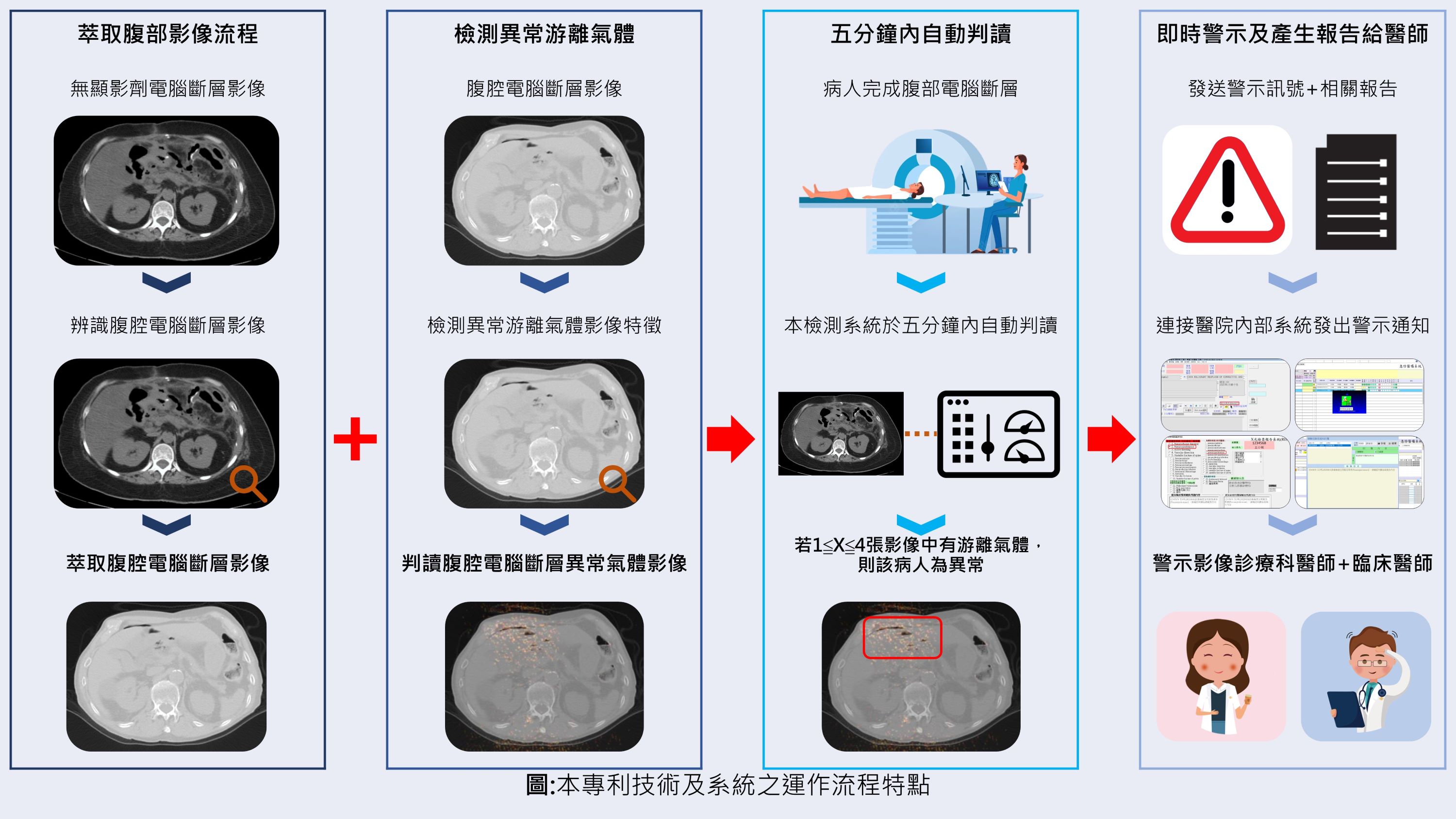

Pneumoperitoneum refers to the presence of free air in the abdominal cav
ity. Accompanied with the clinical presentation of acute abdominal pain, p
neumoperitoneum found on imaging is highly suggestive of a perforated
viscus. Urgent surgical evaluation and intervention is required to reduce p
atient morbidity and mortality as delayed treatment can lead to septic sho
ck and multi-organ failure, eventually resulting in death.
Computed tomography (CT) is the best imaging modality in identifying p
neumoperitoneum. At present, response time to patients with pneumoper
itoneum is heavily dependent on the vigilance of attending clinicians and
turnaround reporting times of radiologists. This is however easily confoun
ded by congested emergency departments with long lists of imaging due
for reporting in addition to physician fatigue, amongst other factors.
We therefore embarked on the development of an artificial intelligence (A
I) algorithm via deep-learning to assist clinicians in the preliminary interpr
etation of CT abdominal imaging. Upon completion of CT scans, the imag
es are automatically uploaded into our AI algorithm for the screening of a
bnormal free gas in the abdominal cavity. The process takes 5 minutes, an
d those with positive findings are immediately alerted to the on-site radiol
ogists and/or physicians for further confirmation.
Our deep learning-powered novel algorithm and system thus assist with t
he rapid identification of pneumoperitoneum on abdominal CT imaging,
with the ultimate aim of hastening the subsequent surgical evaluation and
intervention required by these patients for better clinical outcomes.
In the early 1970s, healthcare systems in Taiwan were undergoing a crisis. Sick and injured people faced numerous obstacles in receiving adequate medical help. In addition, the Medical schools and colleges were severely lacking in resources and training facilities prompting many would-be doctors to go abroad for further training, many of which would not return. This resulted in an outflow of national talent and further depletion of adequate personnel to improve the healthcare system. Prompted by a personal tragic experience involving the medical treatment of his own father, and driven by a sense of mission to give back to society, Mr Wang Yung-ching of the Formosa Plastics Group founded the Chang Gung Memorial Hospital Group in 1973.
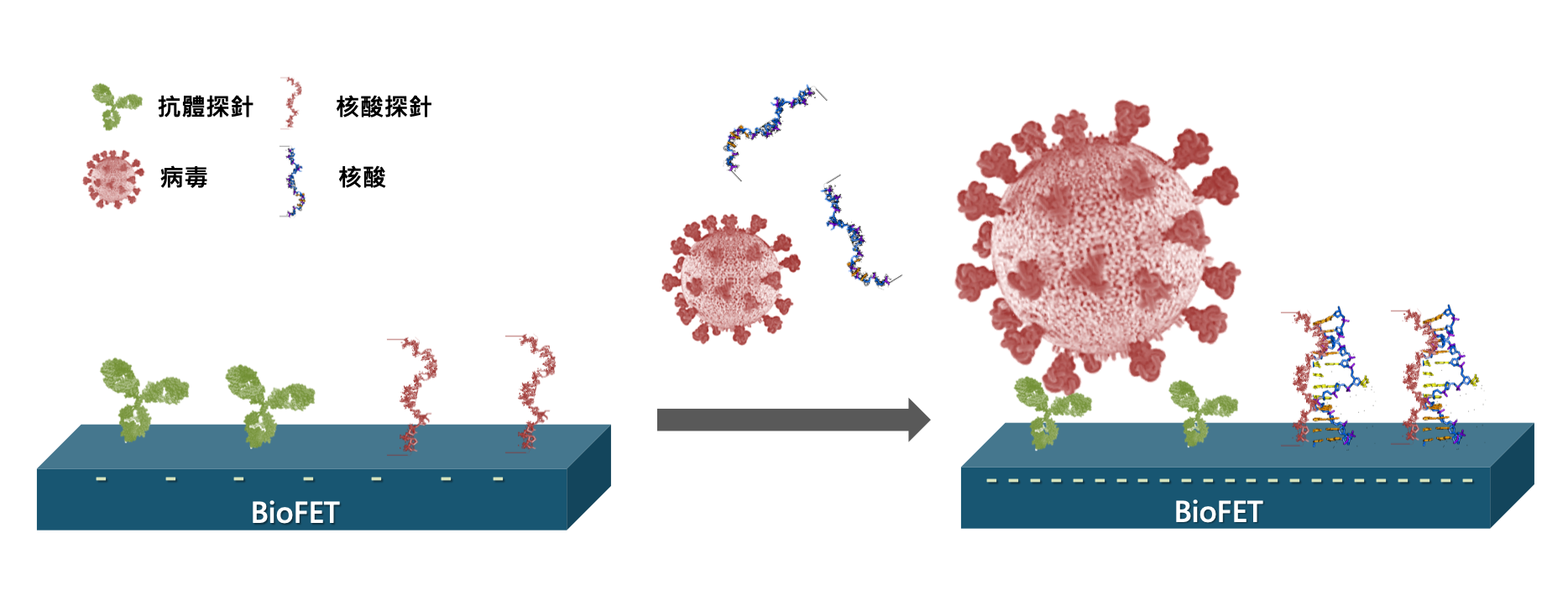
Ultrahigh-Sensitive Detection Platform Powered by Semiconductor-based Biosensor for the evaluation of Treatment on Acute Myeloid Leukemia
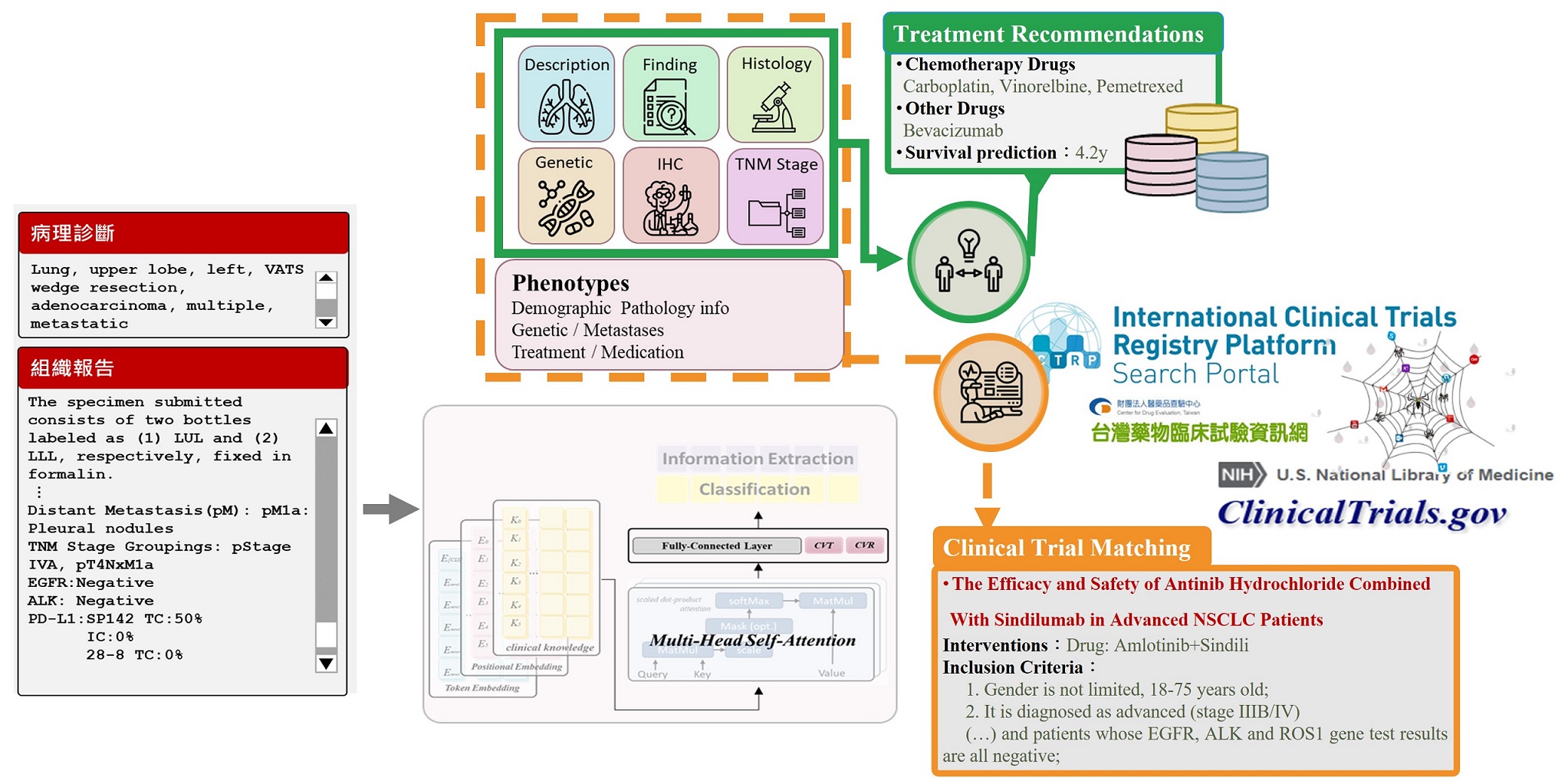
Using Generative Deep Learning to Predict Drug Response and Survival, a nd Automatically Match Clinical Trials for Advanced Lung Cancer.
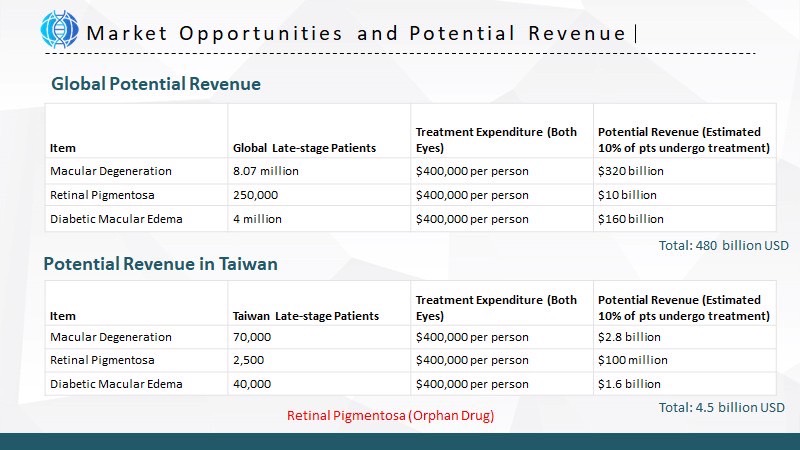
Direct Reprogramming of Human Fibroblasts into Retinal Progenitor Cells by Small Molecules to Treat Photoreceptor Degeneration Induced Blindness
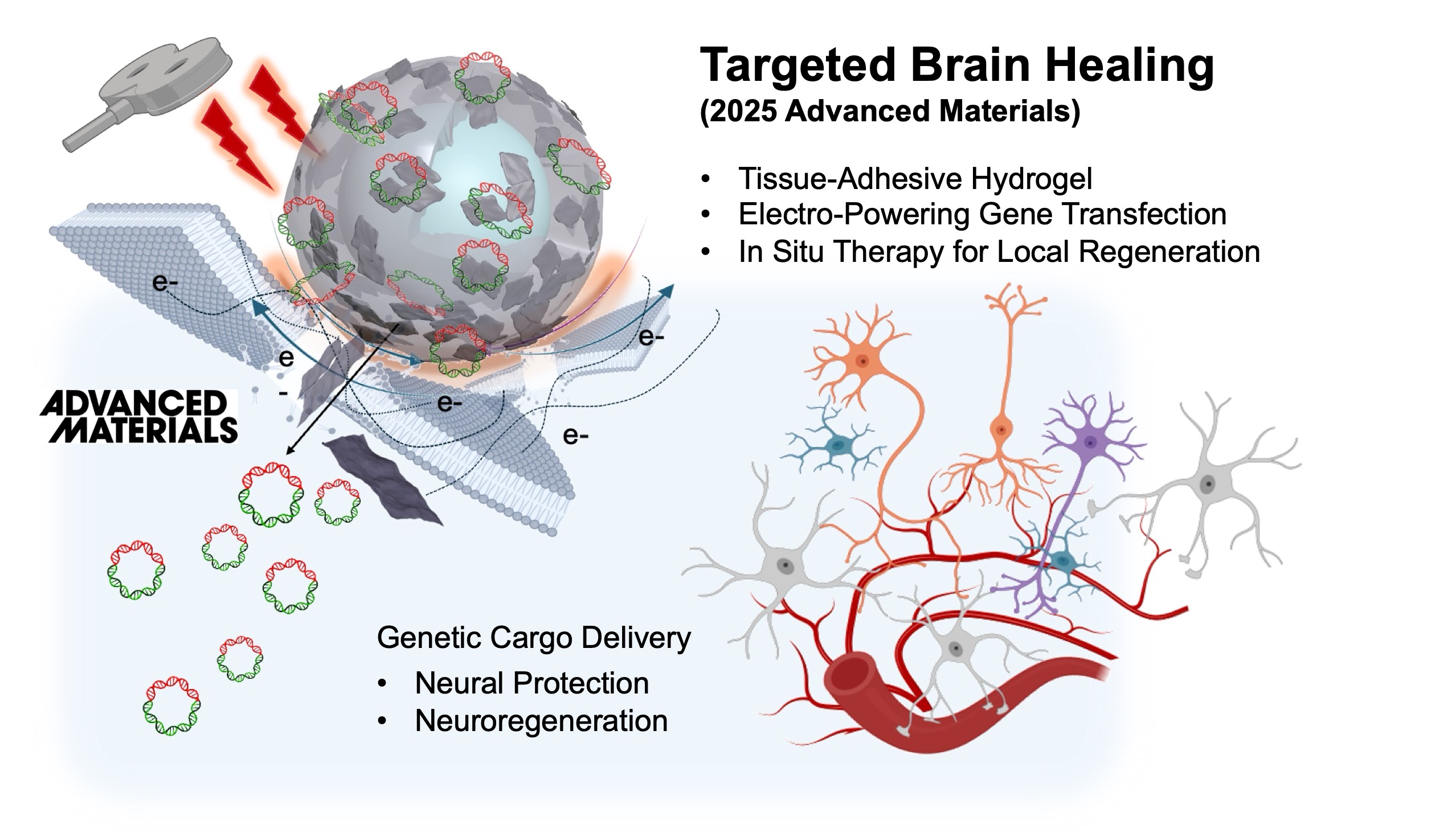
Next-Gen Wireless Magnetoelectric Gene Delivery Hydrogel for Neuroregenerative miRNA Sponge Generation in Traumatic Brain Injury
Technology maturity:Experiment stage
Exhibiting purpose:Display of scientific results、Product promotion
Trading preferences:Negotiate by self
*Organization
*Name
*Phone
*Main Purpose
*Discuss Further
*Job Category
*Overall Rating
*Favorite Area
*Key Tech Focus
*Willing to Receive Updates?
Other Suggestions
Coming soon!